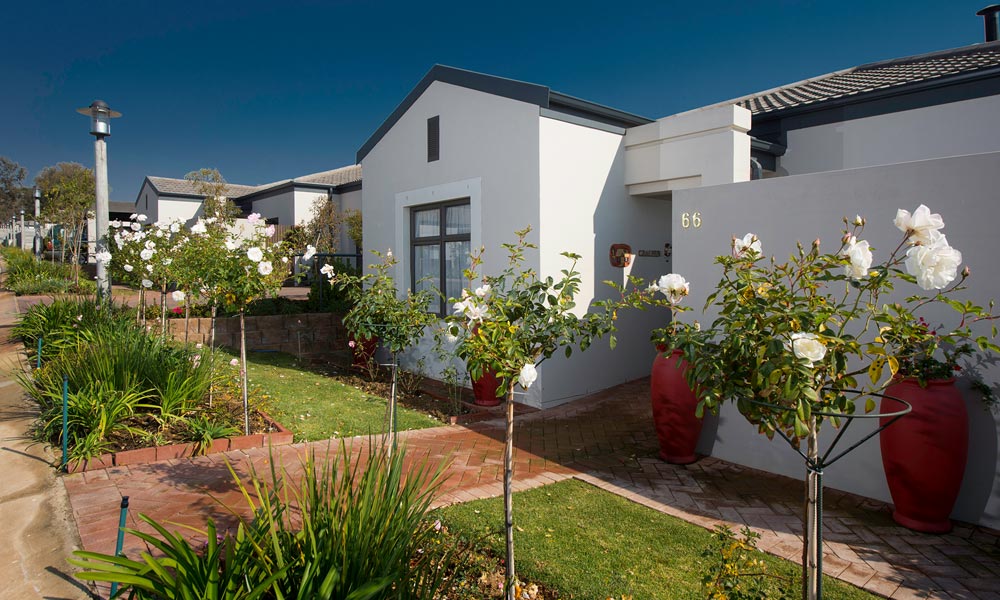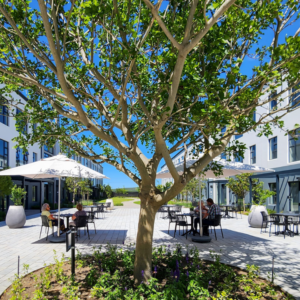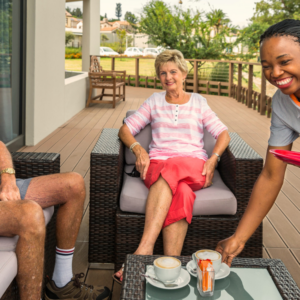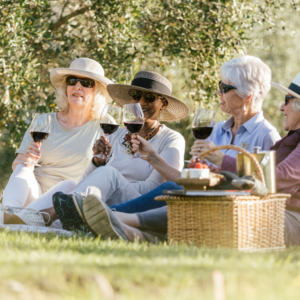
Housing for the older generation: greater supply crucial for the future
Today’s generation of older people – those nearing 70 – are able to live a lifestyle associated more with younger people. Unlike their parents, retirement at the age of 60 or 65 is not mandatory, and many are choosing to extend their working lives – either out of financial necessity or a desire to remain vital and engaged.
But, because of security concerns and the responsibility of home maintenance, fewer choose to grow old in the home they brought their children up in.
“Age 65 tends to be the age when people make decisions about their futures,” explains Arthur Case, Evergreen Lifestyle’s Chief Executive Officer. “It’s when they decide whether they want to continue working, either in their original jobs or start something new, and where they will live in the future.”
Since many in this age group will continue with some type of economic activity, the providers of retirement accommodation should be catering for the needs of working people, while at the same time focusing on facilities to address concerns relating to ageing, such as security and health care.
“Accommodation with this dual focus allows for the matching of the person’s lifestyle with their life stage,” Case says, explaining that, “While the 65-year-old may not yet need to concentrate on the medical needs likely to arise later, the fact that the facilities are available means that the person’s various requirements will be met at different phases during his or her life.”
With this in mind, Evergreen Lifestyle is building retirement lifestyle villages with a range of features and services to cater for lifestyles at different ages and states of wellbeing. “The current generation of retirees needs to be connected with their world, so that they can function effectively in a work environment, and they also want to be able to keep fit and mentally stimulated. The houses and apartments we build are set up to offer work-from-home solutions with technology in the home, and the villages provide access to gyms and heated swimming pools, so catering for all the elements of the lifestyles of these residents,” Case explains.
A move into a retirement village allows for a slow transition into a new retirement lifestyle
While a person may find little opportunity to continue using the skills acquired from years of work if they remain in the family home, the retirement village concept provides an opportunity to continue using those competencies. Residents Committees call for a range of knowledge and experience – and so a retired engineer has taken control of new projects at the Evergreen Broadacres, Johannesburg, lifestyle village, for instance, whereas the estate governance is in the hands of a former lawyer.
When choosing to buy into a retirement village, it is comforting to know that one can remain in the same environment for the rest of one’s life
Retirement villages putting forward a variety of accommodation options are set up with this mind: they offer freestanding houses for those wishing to live completely independent lives, apartments suitable for both fully- and semi-independent lifestyles, and frail care facilities for those needing assistance and care.
So, while someone in their 60s or early 70s may be perfectly comfortable in a house, the time may come when health issues necessitate a move into frail care – having it available in the same environment makes for a far less traumatic adjustment.
Case advises the 60+ generation to look with concern into the various options regarding housing and to consider the many possibilities that may come their way in the years ahead.



